BOISBUCHET RESIDENCY PROGRAMME
ERIKA RUNDLE AND KAROLINE VIELEMEYER
SEASON 2022
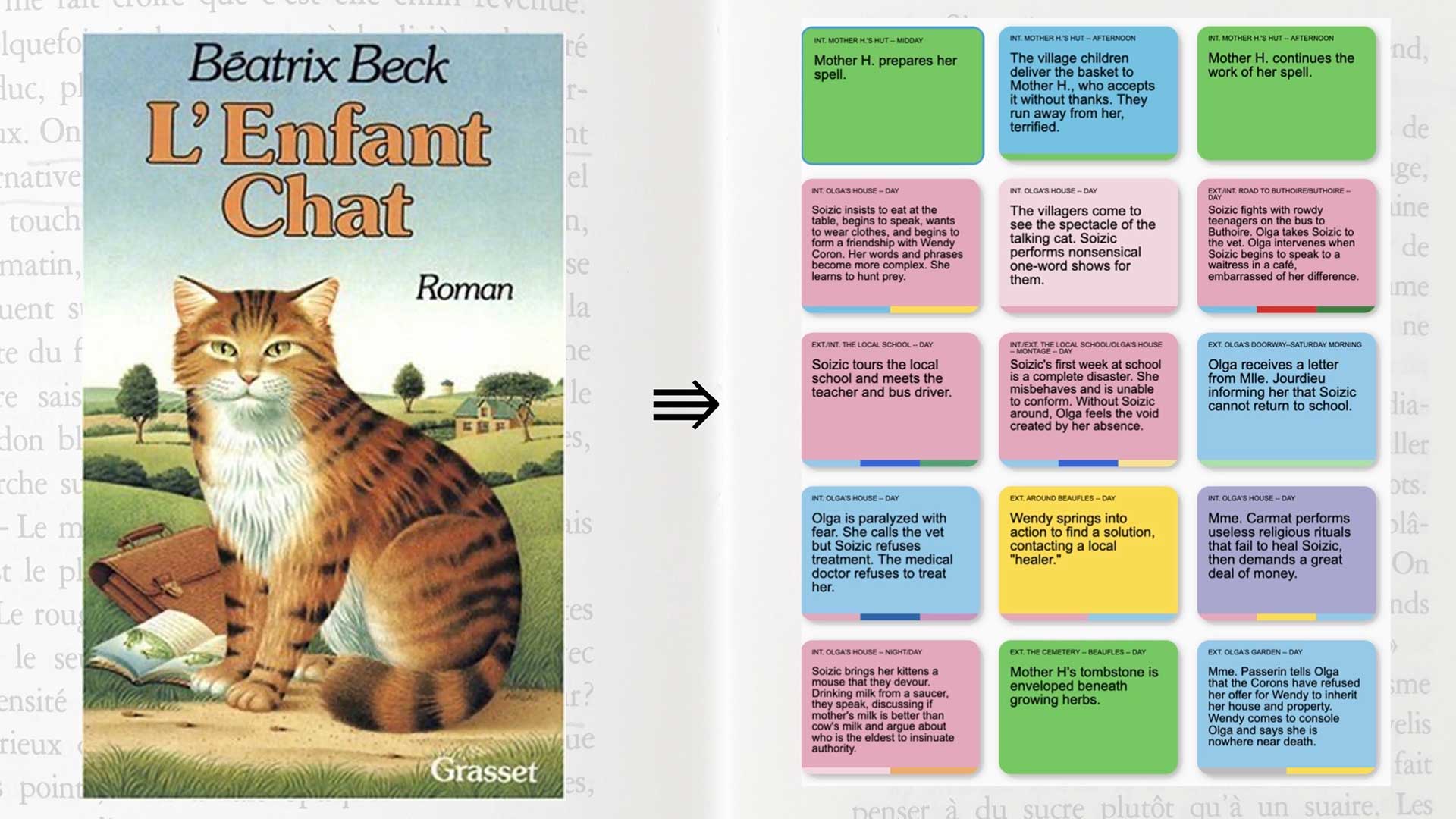
Erika Rundle is a writer, translator, and dramaturg. Her creative work focuses on feminist representations of the nonhuman and otherworldly in drama and film.
Erika’s translations of French writer Marie Ndiaye’s plays have been produced by the Public Theater and the Play Company in New York, the American Conservatory Theatre in San Francisco, and the Studio Theatre in Washington, D.C. Her dramatic adaptation of Richard Brautigan’s novel In Watermelon Sugar was performed at the Culture Project in New York. She has worked as a dramaturg for theatrical productions in New York and regionally for over twenty years.
Erika holds an MFA and DFA from the Yale School of Drama, and was a professor at Mount Holyoke College for 15 years, where she taught courses in theatre, film, and gender studies. Her critical writing on twentieth-century American performance has been published in academic journals and anthologies, including Animal Acts: Performing Species Today and Reading Contemporary Performance.
Karoline Vielemeyer, originally from Germany, is an award-winning filmmaker whose work has appeared at numerous international festivals.
Her first film, Big City Fever—which she wrote, directed, and edited—premiered at the Long Beach Indie International Film Festival in 2016. That same year, she edited the documentary When Paul Came Over the Sea, about a Cameroonian migrant’s journey to Europe. In 2021, she directed the narrative short Woman in the Mirror, a portrait of Mata Hari, as well as the documentary The Sound of Violet, about the German composer WolfGünter Leidel. Most recently, she edited the television docuseries Queen Elizabeth II: The Headline Years and assistant-directed Rock Chicks—I Am Not Female to You, the untold story of women in rock and roll.
Karoline holds a bachelor’s degree in Theatre Arts and French from Mount Holyoke College and a certificate in film directing and editing from Prague Film School. She is currently an MFA candidate in the dramaturgy program at the David Geffen School of Drama at Yale.
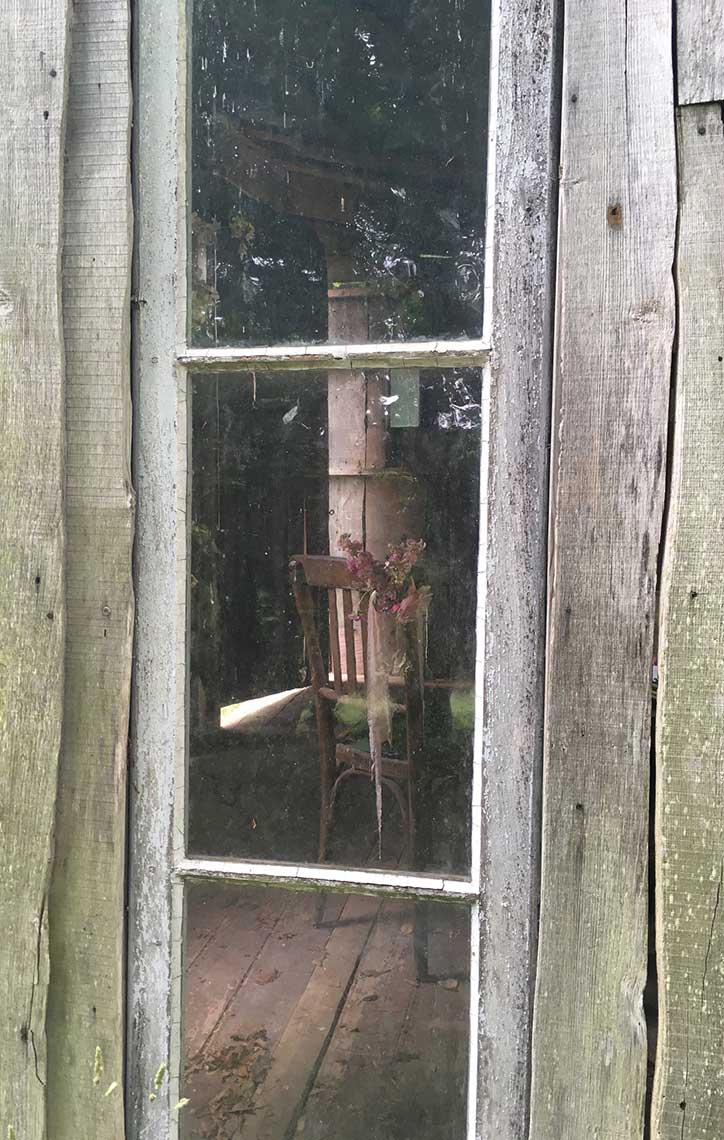
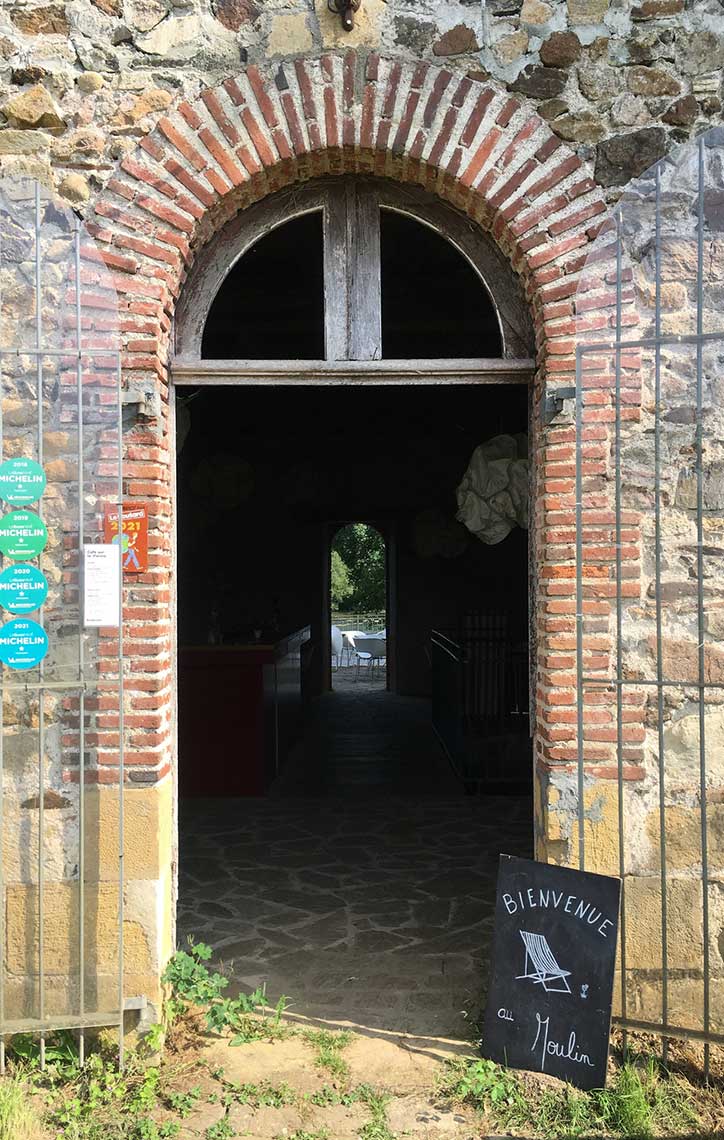
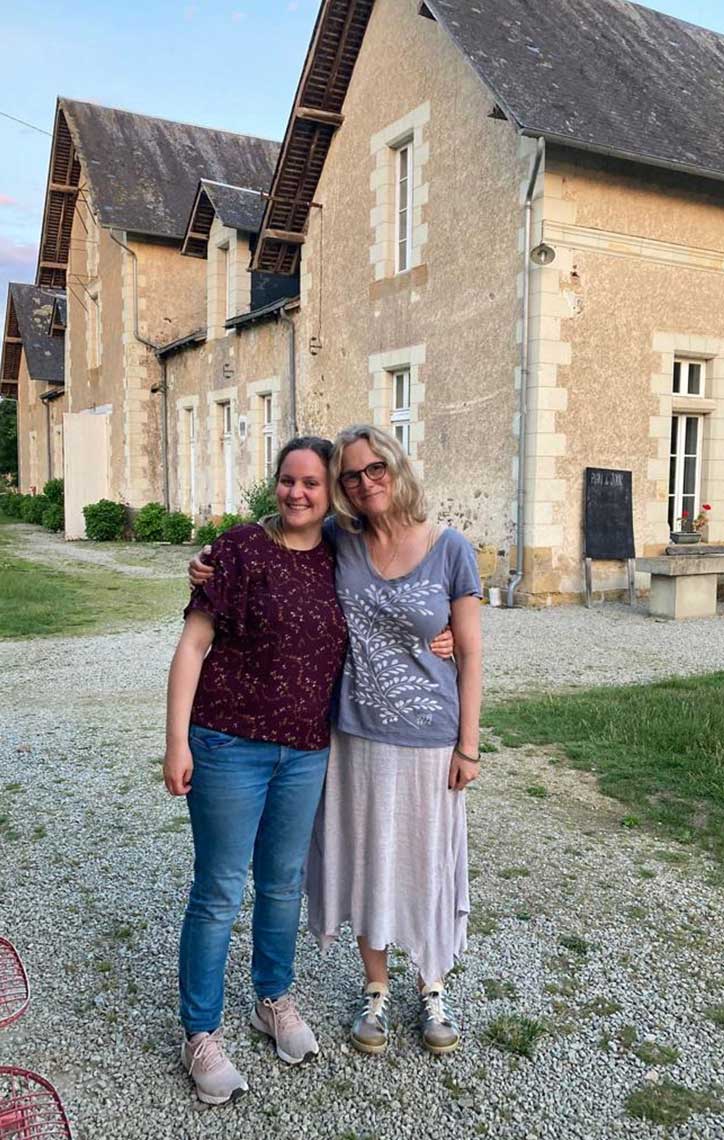
Erika and Karoline spent two weeks at Domaine de Boisbuchet in June 2022 collaborating on a cinematic adaptation of Béatrix Beck’s L’Enfant chat (1984), a novel set in a small village in post-war France.
The main goals for their residency were creating a dramatic framework for the novel that could serve as the basis for the screenplay, and imagining the visual world of the film by exploring the French countryside. They adopted the Mill as our working space, and enjoyed many contemplative afternoons in its cool, quiet interior.
The first week of the residency was spent breaking down the narrative action of Beck’s novel, which allowed them to zero in more deeply on its philosophical and political themes.
In L’Enfant chat, Beck represents the natural world as a conscious entity, a living network of plants, animals, and elemental forces. Human activity is merely one aspect of this vast, mysterious realm, a place that exceeds our everyday understanding of language and being. Because nature is such an important character in the story, Erika and Karoline wanted to work in a rural setting, in the company of artists enmeshed in the landscape and culture of Boisbuchet. The work of our fellow residents, as well as our trips to nearby villages, inspired their “worldbuilding” efforts. Erika and Karoline were able to incorporate much of what they learned and saw into ideas for the visual design of the film.
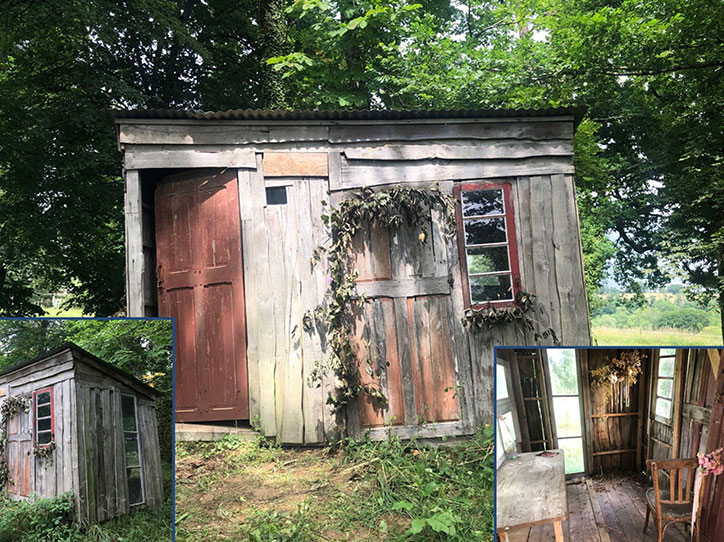
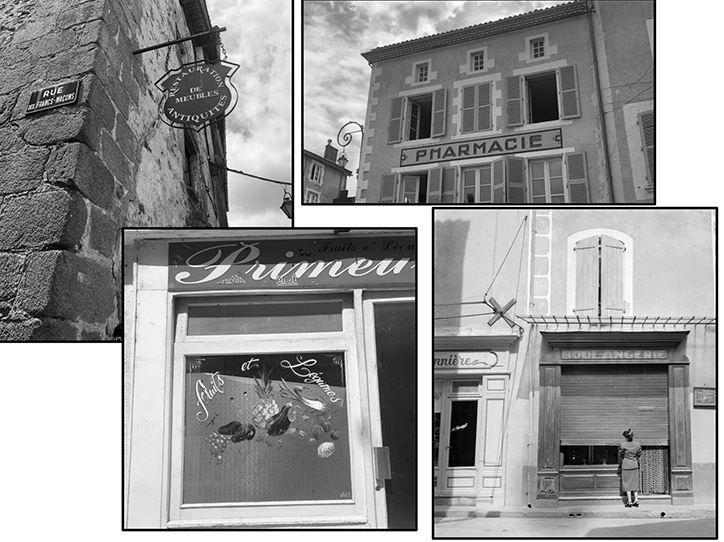
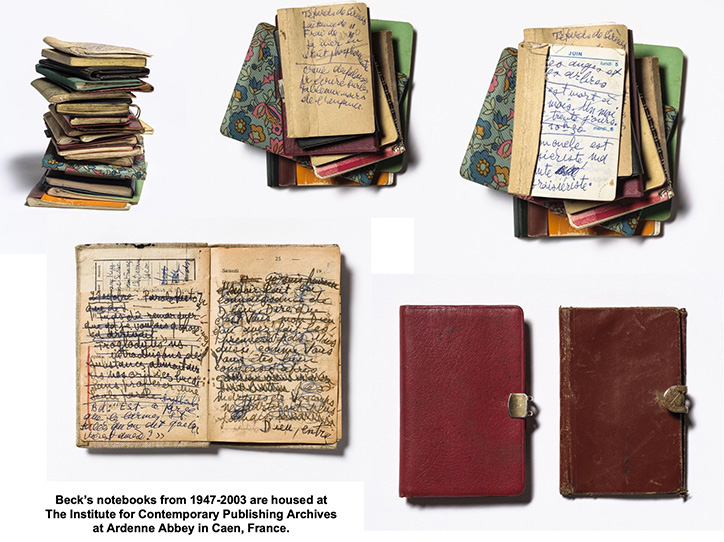
Their second week at the Mill involved assembling individual storylines for each character, which they then wove together to create the five-act cinematic structure that will form the backbone of the screenplay.
The pair’s residency culminated in a multimedia presentation, where they outlined the social and political context for the novel, shared key images from the worldbuilding expeditions, explained the many stages of structural analysis required to adapt a novel for the cinema, and showcased their color-coded story outline on the development platform WritersRoom Pro. Their talk concluded with an in-depth look at some challenges they identified during the residency, all of which centered on questions of visual representations of the nonhuman. Should the film be live action, animated, or a combination of the two? What styles of animation could do justice to the philosophical complexity of Beck’s novel?
These questions brought Erika and Karoline back to the importance of audience: who is this film for and why is it important now?
“The collective knowledge and artistic guidance of the Boisbuchet community during this discussion was truly transformational, and has helped us imagine bringing L’Enfant chat to life on screen.”

